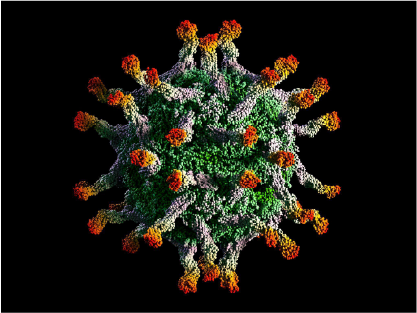Currently, the fight against poliomyelitis disease is carried out through the use of the Sabin oral polio vaccine (OPV) a live attenuated vaccine that has allowed an almost total eradication of the disease.
However, this type of vaccine presents serious side effects when not handled according to the manufacturer’s instructions. The main risk is the de-attenuation of the attenuated virus, which can cause vaccine-associated paralytic poliomyelitis. Eliminating this risk is highly desirable for patients. A feasible alternative is the use of inactivated polio vaccines (IPVs); however, since the biological activity of the live virus is lost, the immunogenicity of the antigen is reduced, requiring a much larger antigen dose to induce immunity.
One solution to this technical challenge is the use of saponin-based adjuvants, as studied by de Costa et al. (2014). This technology enhances the immunogenicity of inactivated polio vaccines, enabling antigen dose reduction and consequently lowering production costs. These advantages make inactivated polio vaccines more accessible, especially in developing countries where poliovirus infection still poses a significant public health threat.
In the study by de Costa et al. (2014), correlates of immune protection demonstrated that the addition of saponin-based adjuvants to inactivated poliovirus induced a robust antibody response and a Th1 immune profile.
This trial is a pilot preclinical study. It is highly probable that this type of Th1 profile and strong IgG response will be protective in subsequent vaccination and challenge experiments.
The data from this first study provide an initial demonstration of the feasibility of developing enhanced inactivated polio vaccines using saponin-based adjuvants.
In collaboration with Tulane University, Q-VANT Biosciences is also contributing to the development of a novel oral vaccine platform that could be used to prevent a range of infectious diseases, including poliomyelitis.
References
1. De Costa el al., 2014. Alternative Inactivated Poliovirus Vaccines Adjuvanted with Quillaja brasiliensis or Quil-A Saponins Are Equally Effective in Inducing Specific Immune Responses. PLoS One, 9(8).

